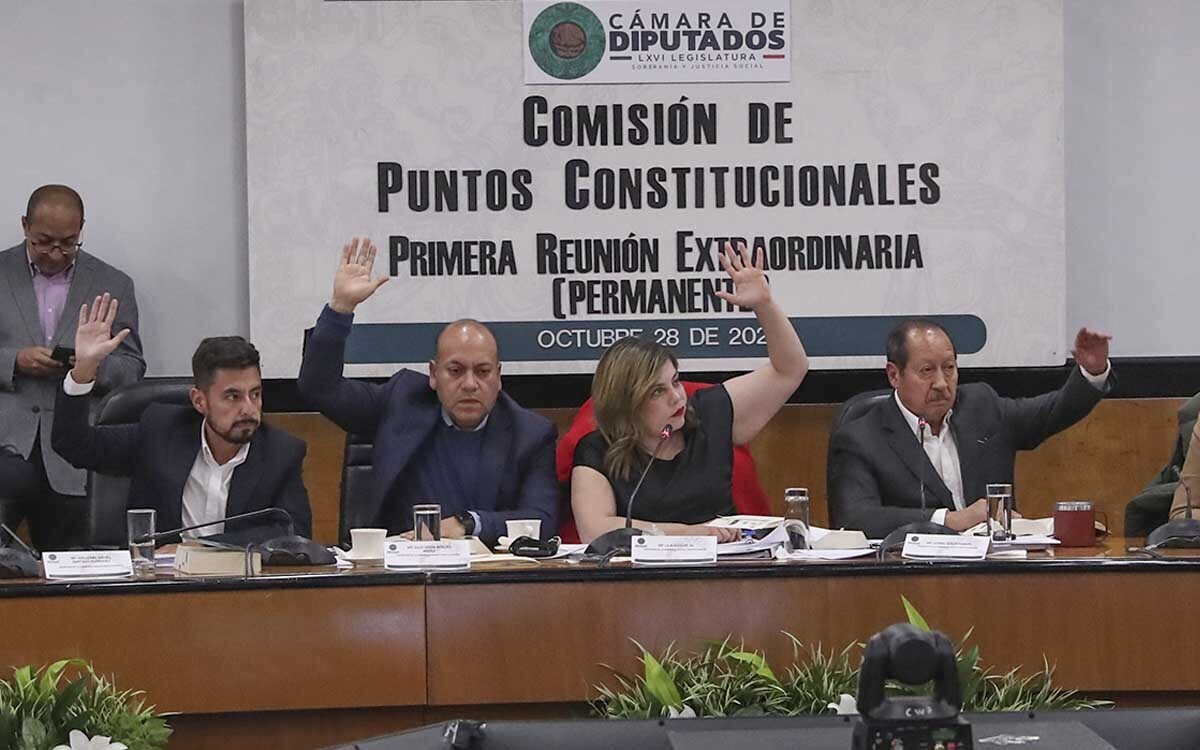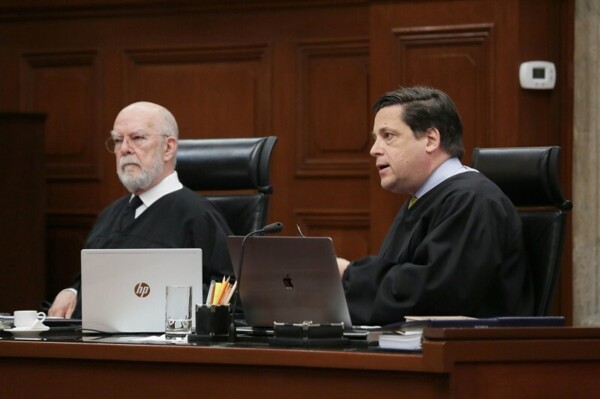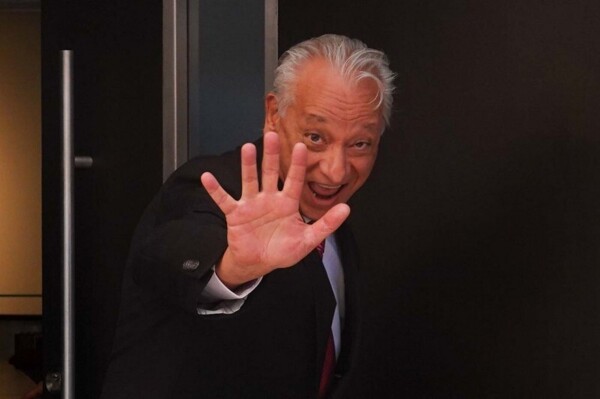
Members of different political parties expressed their opinions on the recent constitutional reform regarding the immunity of additions to the Constitution. The coordinator of the tricolor bench highlighted that he considers extraordinary situations such as national emergencies or natural disasters, emphasizing that the reform in question does not fall into this category.
The deputy from the emecista party stated that the reform deceives the people by removing their ability to defend themselves against the abuse and arbitrariness of representatives, in addition to eliminating the possibility of challenging legitimate constitutional reforms. For his part, a member of Morena mentioned that the aim of the reform is to put an end to judicial activism and prevent ministers from legislating, as their role is of a jurisdictional nature.
The panista present in the discussion declared that the reform diminishes the effectiveness of the amparo as a guarantee of protection for human rights. The Constitutional Points Commission of the Chamber of Deputies approved the reform without changes, and its discussion and potential approval in Plenary is expected in the coming days.
The reform to articles 105 and 107 prevents the Judiciary from invalidating and granting amparos to suspend constitutional reforms. Approval in the commission received 30 votes in favor and 11 against, and it is expected to come into effect once published in the Official Journal of the Federation. Among the pending issues is the discussion of a project in the Supreme Court of Justice of the Nation to invalidate the popular election of judges and magistrates, while maintaining it for certain specific positions.
The reservations will be discussed in Plenary, and some legislators have criticized the urgency of approving the reform, arguing that there is no extraordinary reason for it. The debate surrounding this constitutional reform will continue to generate controversies and diverse opinions among the various political actors involved.














